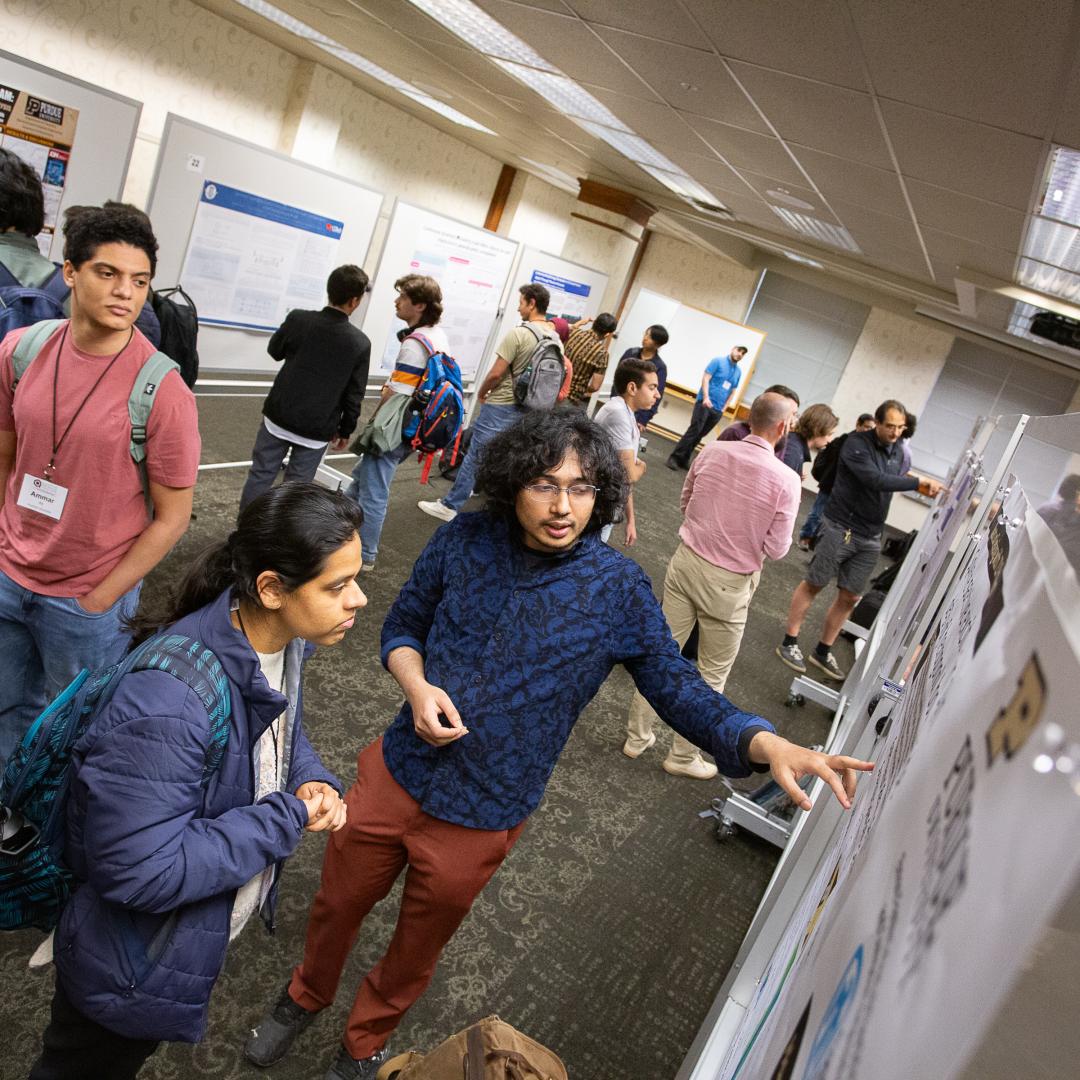Filter News
Area of Research
News Topics
- (-) Chemical Sciences (4)
- (-) Coronavirus (3)
- 3-D Printing/Advanced Manufacturing (26)
- Advanced Reactors (1)
- Artificial Intelligence (1)
- Big Data (1)
- Bioenergy (2)
- Biology (2)
- Biomedical (2)
- Biotechnology (1)
- Buildings (13)
- Clean Water (4)
- Climate Change (6)
- Composites (9)
- Computer Science (10)
- Critical Materials (8)
- Decarbonization (4)
- Energy Storage (22)
- Environment (16)
- Fusion (2)
- Grid (15)
- High-Performance Computing (1)
- Hydropower (2)
- Isotopes (2)
- Machine Learning (2)
- Materials (22)
- Materials Science (23)
- Mathematics (1)
- Mercury (1)
- Microscopy (6)
- Molten Salt (1)
- Nanotechnology (8)
- Net Zero (1)
- Neutron Science (4)
- Nuclear Energy (4)
- Physics (2)
- Polymers (7)
- Quantum Computing (1)
- Quantum Science (1)
- Simulation (1)
- Space Exploration (3)
- Statistics (1)
- Sustainable Energy (27)
- Transportation (27)
Media Contacts
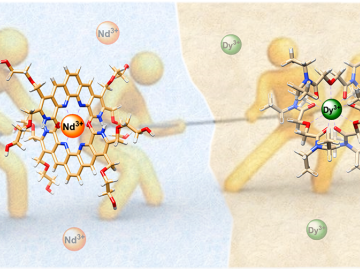
ORNL scientists combined two ligands, or metal-binding molecules, to target light and heavy lanthanides simultaneously for exceptionally efficient separation.
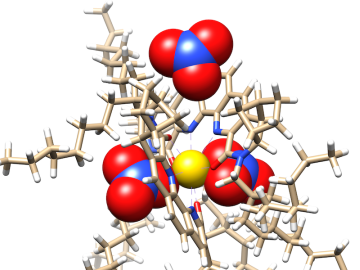
Researchers at ORNL zoomed in on molecules designed to recover critical materials via liquid-liquid extraction — a method used by industry to separate chemically similar elements.
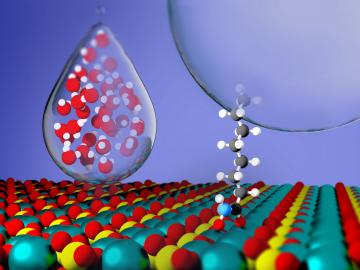
Critical Materials Institute researchers at Oak Ridge National Laboratory and Arizona State University studied the mineral monazite, an important source of rare-earth elements, to enhance methods of recovering critical materials for energy, defense and manufacturing applications.
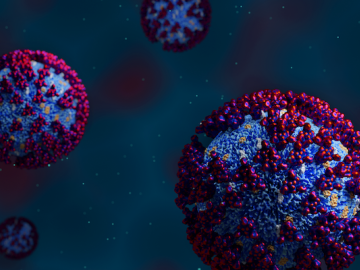
Researchers from ORNL, the University of Tennessee at Chattanooga and Tuskegee University used mathematics to predict which areas of the SARS-CoV-2 spike protein are most likely to mutate.
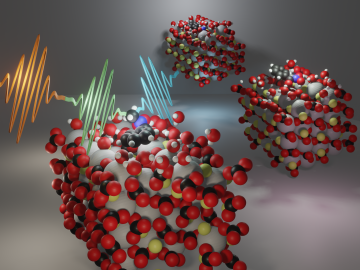
Researchers at Oak Ridge National Laboratory are using state-of-the-art methods to shed light on chemical separations needed to recover rare-earth elements and secure critical materials for clean energy technologies.
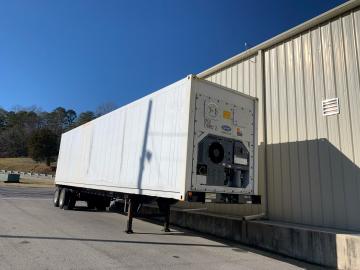
Oak Ridge National Laboratory researchers have retrofitted a commercial refrigeration container designed to ensure COVID-19 vaccines remain at ultra-low temperatures during long transport and while locally stored.

Oak Ridge National Laboratory researchers have developed a machine learning model that could help predict the impact pandemics such as COVID-19 have on fuel demand in the United States.



